The Link Building Book – Paddy Moogan
Original price was: $111.00.$28.00Current price is: $28.00.
The Link Building Book – Paddy Moogan Download. Youll learn everything you need to know to successfully go out and run your own link building campaigns, o…
Salepage link: At HERE. Archive:
Choose a chapter to get started
- Introduction
- The Link Building Landscape
- Link Building Basics
- The History of Link Building
- What you need to know about Google PageRank
- The anatomy of a link – What makes a good (and bad) link
- Planning and executing a link building campaign
- The sales process: selling a link building campaign
- Identifying your assets, resources, and USPs that help with link building
- Running analysis on your existing link profile and competitors
- Identifying the techniques you plan to use
- Planning your activity over the next few months
- Preparing or creating your link building asset
- Finding and prioritizing link targets
- Conducting outreach
- Reporting on link building campaigns and learning how to improve
- Building a link building team
- Outsourcing your link building
- Link Building Techniques
- Link building tools
- Link building glossary
- Conclusion
Who I am
I’m Paddy Moogan and I’m the author of The Link Building Book. I’m the co-founder of Aira, a digital marketing agency based in Milton Keynes in the UK. I’ve been working in SEO since around 2004 when I was studying for a Law degree, got a little bored and started building (and ranking) websites in between lectures. I originally released The Link Building Book in 2013 and was originally a paid book. In 2020, I decided to update the entire book and upload it online for free which brings us to today.
What you’ll learn
tl;dr: A LOT!
You’ll learn everything you need to know to successfully go out and run your own link building campaigns, or work with others to build links to your website. I don’t want to give you just theory, you’ll also get practical examples and case studies which will help you learn quicker and replicate the techniques that I’ll teach you.
The goals of this book
I want you to finish this book and be able to confidently come up with ideas for your own link building campaigns, then execute these campaigns successfully.
It won’t be easy. Link building is hard and anyone who says that it’s easy is either lying or they’ve never consistently built links in their life.
But learn the basics, apply the principles in this course and persist, and you’ll be ahead of 95% of people who try to build links.
How to get the most out of this book
I’ve structured this book to break down a big topic into small chunks which you can take as slow or fast as you want. If you’re new into the SEO industry or link building, you should start at the beginning and make sure that you read and understand the fundamentals. If you’re a bit more experienced, you can probably get away with skim reading the earlier chapters on the basics but I’d still recommend applying yourself 100%. Most importantly, you need to get out there and practice what you read.
Where are we right now with links?
Whilst SEO is consistently shifting and new updates are being introduced all the time which tweak our approach, the fundamentals rarely shift massively. Within SEO, we have link building and the same can be said for it. The last major shift in how links were used by Google was the Penguin update in 2012 (which you’ll learn about later) and this changed a lot. Since then, there have been changes and updates, but essentially, much like SEO in general, the fundamentals are still the same. So, what, in today’s world are the fundamentals of link building?
- There are no short-cuts; you need to deserve the links that you get
- Link building (like SEO in general) shouldn’t be a discreet activity which is siloed away from other marketing activities
- Techniques which clearly fall outside of Google guidelines are risky, to the point where for the vast majority of businesses, this risk shouldn’t be taken
- Quality links should be a consequence of a great product or great marketing
Ultimately, quality link building is looking less and less like a dark, mysterious art and more and more like its aligned with great marketing.
This hasn’t always been the case. As you’ll learn in more detail shortly, link building used to be a bit of an arms race. Whoever built the most links typically won the race and the risks were pretty low. This was because Google had a very hard time telling the difference between and good link and a bad link, meaning that it was more a matter of scalable link building being more effective than quality link building.
Low quality, scalable link building can still have a positive effect on a website’s organic search rankings, but the risks are far higher now than they’ve ever been. Alongside this, the time it takes Google to detect and penalise this activity is a lot shorter. This means that for any legitimate business, low-quality link building is rarely worth the risk of being removed from Google search results.
What’s next?
There have been various debates over the years as to whether links will remain a strong ranking signal for Google. My view hasn’t changed too much in that I think they will remain a strong signal for a long time, but that other signals will come into play more and more. The natural consequence here is that links still mean a lot, but Google may not be as reliant on them as they may have been in years gone by.
In the years to come, I think we’ll see Google become even better at detecting link spam, as well as detecting when link building is artificially inflated – they aren’t just using cool artificial intelligence and machine learning technology for self-driving cars or improving search results! They use it for all sorts of algorithms and systems, including spam detection.
As digital marketers, this means that link building can’t be a siloed activity which isn’t connected to wider business goals and brand/product strategy. It needs to connect to both and be something which makes sense for a brand to be investing budget into. This often means that the value needs to go beyond links themselves. The value needs to tie back into brand awareness or lead generation or sales or referral traffic for example. This is the ultimate way to ensure that you’re doing the right things for a brand and truly adding commercial value.
What do we mean by link building?
Link building is the process of acquiring links to a particular webpage from another external webpage through some kind of intentional activity. Wow that’s a mouthful – and I’m still not quite happy with it!
The best links are usually the ones you don’t have to ask for, which negates the intentional bit. But, most of the time, SEO professionals will acquire links through some kind of planned activity, particularly in the early days of a website when it is still establishing its reputation and gaining traction. Over time, though, you want your link building efforts to become easier because of the relationships you’ve built, a strong product and all-round marketing function.. A strong, unique product and marketing activities can lead to links that you don’t ask for, such as branding or PR and you can influence these activities. But we’ll address that later.
I’m often asked about scaling link building. The best way to scale link building is to build a website, product (or service) and company that deserves links. This helps build links that you didn’t ask for, which can scale and lead to a robust, natural link profile. Think of companies like Amazon, Apple and Airbnb. These websites will not have to worry anywhere near as much about link building as their competitors will. However, these kinds of companies are the exception rather than the rule when it comes to marketing – the majority of us don’t have these kinds of websites to work with. That doesn’t mean that we can’t strive to reach that level of success, but we must be aware of the commercial realities in which we operate otherwise we won’t get out of the starting gate.
If you’ve ever read “Good to Great” by Jim Collins (if you haven’t, go and buy a copy), you’ll be familiar with the principle of the flywheel when growing a business. The basic principle says that growing a business is like pushing a big, heavy, metal flywheel that is hard and slow to turn at first. It takes a long time to complete one rotation but the harder you push, the easier it becomes. Eventually, you get to a point where you don’t need to push as hard anymore. The flywheel takes over and uses its own momentum to keep going. All of a sudden, customers are coming to you. They’re telling their friends how good your product or service is and they come to you, too. This is how a business thrives.
The same principle applies to link building. It is tough at first. I’m not going to sugarcoat it. But if you focus on the right tactics, alongside building a business into something that deserves links, it will become easier the harder you push and the longer you stick with it. You may not have the expertise or even the influence to work on the business as a whole, but that doesn’t mean that you can’t influence other areas and make sure that link building is aligned with general marketing and the product itself. Up until the point where you don’t need to ask for links, this is the link builder’s dream, and only a few websites can classify themselves in this bucket such as those mentioned above. It is possible, however, and I want to give you the tools and processes to inspire you to think about link building in this light.
Why are links so important?
More than 200 factors that make up the Google ranking algorithm. Each of these has loads of variations, which means thousands of factors could go into any one keyword ranking. Yet links are usually the difference between ranking well and not ranking on Page 1. Even fantastic websites with great content will struggle to rank well if no one links to it. This study by Tom Capper at Distilled is worth reading and shows how links can make the difference in competitive industries.
But, why is it this way?
Shouldn’t Google be able to figure out how amazing a piece of content is and not need to rely on links to show this content to their users? Ideally yes, they should. But the definition of amazing content is very subjective, human readers will disagree about content, so how can Google (which, remember, is basically a computer program) work it out? The answer is masses of data which it can then use to power algorithms which operate at huge scale.
When deciding which pages deserve to rank best, Google uses data from the websites it crawls, namely the links between pages that could also be described as which person links to another person. So Google looks at the web and sees who recommends content, who shares it, who likes it, and who endorses it. This naturally makes the truly amazing content on the web bubble up to the top of search results.
Think of it like this: Each time someone links to you, they are recommending you. They probably wouldn’t link to you unless your website was good.
Let’s relate this to the offline world: the more recommendations someone has, the more likely they are to be sought after for their services. If you’re looking for a good plumber and a friend recommends someone who did a good job for them, you’ll probably trust that recommendation and use that plumber. Now imagine that five different friends recommend the same plumber. Now you’re very likely to use that plumber.
To bring it back online, the search engines want their users to find the best results, and the best results are the ones that usually come recommended. Links are one of the ways that the search engines can work out how good a website is. If a website has never been recommended by anyone, then, chances are, it isn’t great quality.
There is a slight disconnect here, which is where our job as link builders and marketers come into play. A brand new website could be awesome, but because no one knows about it yet, no one has linked to it. Therefore, you need to spend some time and efforts on marketing to make people aware of it.
The fact is that technically all websites could be the same in terms of content and the way they are built. It is the links that these websites get which ultimately make the difference – and this is why link building is so important. It can make the difference when all other factors are equal and, from the experience of numerous SEO professionals, it is widely accepted that links are a large part of the search ranking algorithm. Google are constantly evolving and looking for new signals to use in their rankings, yet links are unlikely to go away any time soon as a strong signal.
Does everyone have to worry about links?
Yes and no. If you’re a huge brand such as Apple or Samsung, you may have enough traction from a product and brand perspective that links aren’t going to be where your marketing budget should be spent. It doesn’t mean that links can’t help their websites, it’s more a question of what the best use of time, budget and resources is.
If you’re like the majority of companies trying to compete online, you’re likely to be a small to medium-sized business who don’t have the budget to make something like brand campaigns work for you, at least without other activities in place, therefore organic search is very important. Alongside building a great product, website and experience, utilizing the various elements of SEO (including link building) can be an effective and measurable use of your budget. Ranking organically for a set of relevant keywords will start to get you in front of the right people and importantly, start to build the traction which every company needs before it can start to think of itself as a brand.
It’s also worth mentioning that there are still some industries that are hyper-competitive and not only will you need to actively think about link building, but you may need to invest a disproportionate amount of budget in order to compete. Industries that typically need a lot of investment in links include gambling, adult and pharma.
Here's an overview of the prominent keywords and a list of famous authors:
Business and Sales: Explore business strategies, sales skills, entrepreneurship, and brand-building from authors like Joe Wicks, Jillian Michaels, and Tony Horton.
Sports and Fitness: Enhance athleticism, improve health and fitness with guidance from experts like Shaun T, Kayla Itsines, and Yoga with Adriene.
Personal Development: Develop communication skills, time management, creative thinking, and enhance self-awareness from authors like Gretchen Rubin, Simon Sinek, and Marie Kondo.
Technology and Coding: Learn about artificial intelligence, data analytics, programming, and blockchain technology from thought leaders like Neil deGrasse Tyson, Amy Cuddy, and Malcolm Gladwell.
Lifestyle and Wellness: Discover courses on holistic health, yoga, and healthy living from authors like Elizabeth Gilbert, Bill Nye, and Tracy Anderson.
Art and Creativity: Explore the world of art, creativity, and painting with guidance from renowned artists like Bob Ross and others.
All the courses on WSOlib are led by top authors and experts in their respective fields. Rest assured that the knowledge and skills you acquire are reliable and highly applicable.
Specification: The Link Building Book – Paddy Moogan
|
User Reviews
Only logged in customers who have purchased this product may leave a review.

Original price was: $111.00.$28.00Current price is: $28.00.


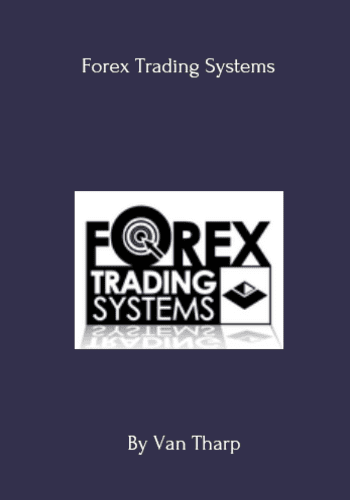
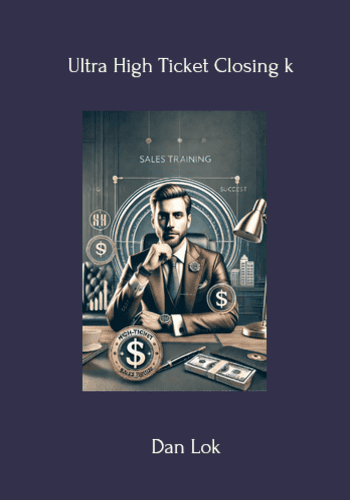
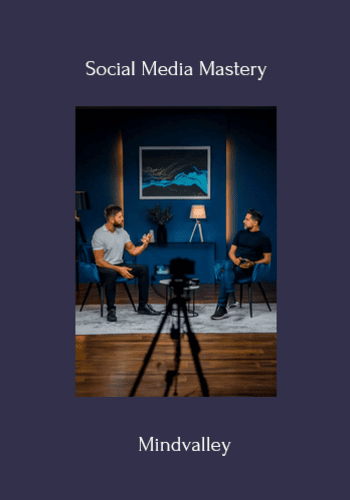
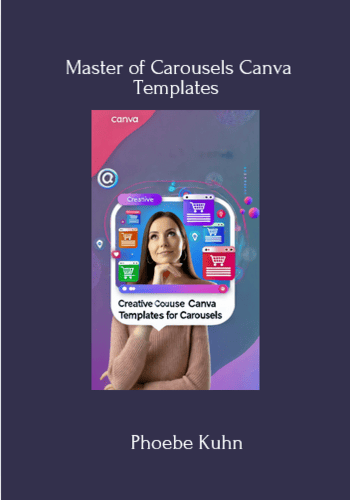

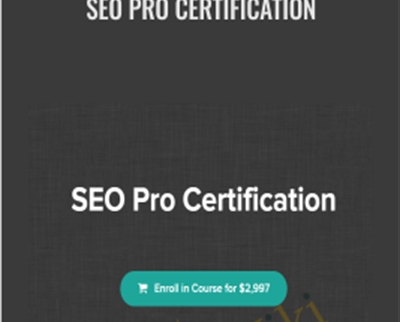
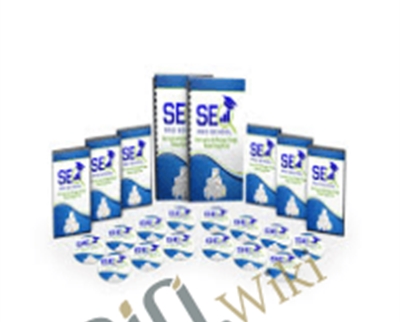
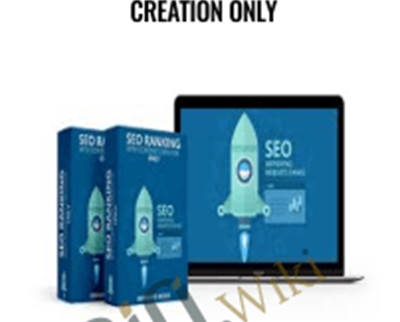
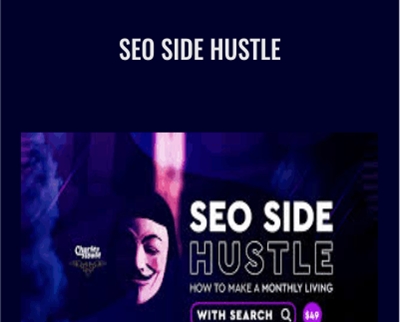
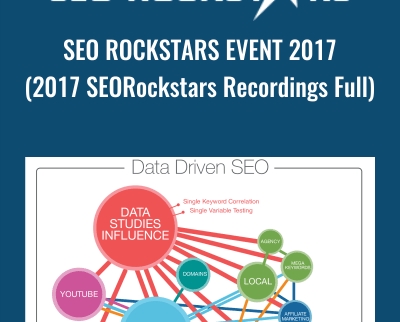
There are no reviews yet.